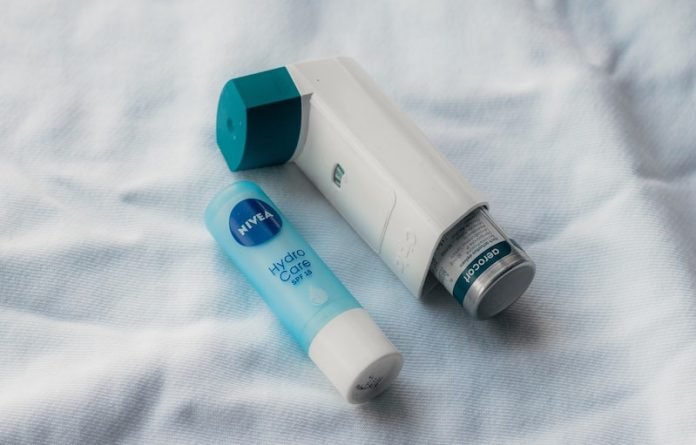
In a study from Thomas Jefferson University, scientists found a way to make asthma drugs last longer.
They identified a new compound that can be added to an existing drug that could bridge the gap.
For many, inhalers are a sort of miracle drug. From gasping for air one minute to breathing normally the next, patients can experience significant relief after one or two puffs.
What few people realize is that these life-saving medicines can actually stop working in the long term, especially in people who use them often and in high doses.
Researchers around the world have been looking for ways to improve the drugs delivered by inhalers to make them more potent and longer-acting, with little success to date.
In the current study, the team discovered a molecule that can increase the potency of one of the main ingredients in asthma inhalers (beta agonist), whose purpose is to relax airway smooth muscle and open up contracted airways.
Some anti-asthma drugs work by reducing inflammation in the lining of the airways, others work by reducing airway-muscle constriction, and still, others include a mixture of both medications.
The researchers focused on beta-agonists since this class of drugs can eventually stop working.
Researchers have a pretty good idea of why these drugs stop working. Normally, the beta-agonist lands on a receptor on the surface of muscle cells, like a baseball getting caught in a glove.
That catch triggers a series of biochemical reactions in the cell that ultimately relax the muscle tension of the airways.
But once the drug is caught by the receptor, the receptor itself tends to stop working, and over time can even degrade.
The team searched for a way to change how the beta-agonist is caught by its receptor. They developed a second compound that only works after the beta-agonist lands on its receptor.
This second compound stabilizes the receptor conformation. It essentially makes the catcher’s glove sticky and keeps her in the game.
The researchers were able to show that when their compound was delivered in mice along with the beta-agonist, the strength of the drug improved by 60-70%, without a similar increase in receptor degradation.
Developing an add-on compound rather than an entirely new kind of anti-constriction medicine takes advantage of the fact that beta-agonists have been used for years and tend to be safe and effective for most people.
If future tests and clinical trials confirm what this research suggests, this new add-on drug could be available to patients much sooner than a traditional new drug.
If you care about asthma, please read studies about why some people with asthma respond poorly to treatment, and this asthma drug may help reduce COVID-19.
For more information about health, please see recent studies about how to reverse high blood pressure in the lungs, and results showing this herbal supplement may help treat lung cancer.
The study was conducted by Deepak Deshpande et al and published in Proceedings of the National Academy of Sciences.
Copyright © 2022 Knowridge Science Report. All rights reserved.



